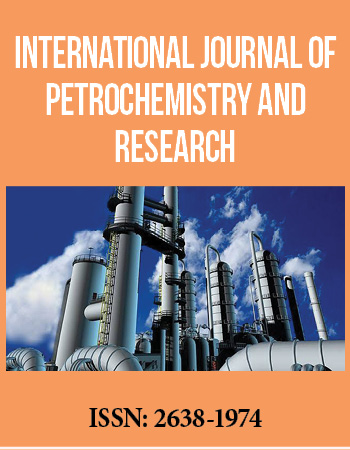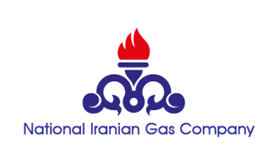International Conference on Oil, Gas and Petrochemistry
April 3-5, 2017 Dubai, UAE
Microbial activities at an oil sludge disposal site
Hokkaido University, Japan
Until now, a number of microorganisms have been isolated from petroleum fields, and their community structures have been also analyzed. Among them, some microorganisms were reported to have degrading activity of oil constituents, such as alkanes or aromatic hydrocarbons. These microorganisms have been isolated mainly from oil-contaminated soils or oil production water. In this study we focused on the oil sludge samples that are disposed as wastes of the oil production processes in a Middle East petroleum field, where the daytime temperatures are higher than 40°C.The sludge at disposal sites is expected to be heated much higher than environmental temperatures. As far as we know, no study has been reported on the isolation of thermophilic bacteria from such environment.
In order to isolate bacteria from three samples of oil sludge in Middle East, we performed enrichment culture of thermophilic bacteria using nutrient broth and modified R2A medium with different carbon sources, temperatures, and gas phase conditions. Microorganisms grown on several culture conditions were successfully isolated by the roll-tube method or the limiting dilution method. In addition, microbial community structure was analyzed by constructing clone library of 16Sr RNA gene using e DNA extracted from the sludge samples.
No microbial growth was observed under aerobic conditions. As the result of enrichment culture under anaerobic condition at 70°C and 16Sr RNA gene sequencing, several bacterial strains were obtained and identified as Coprothermobacter sp. and Thermoanaerobacter sp. On the other hand, exhaustive 16Sr RNA gene analyses of non-overlapped 24 clones out of 41 clones using bacterial primers revealed that it contained seven phyla Thermotogae, Chloroflexi, Deferribacters, Bacteroidetes, Proteobacteria, Firmicutes, Synergistetes. The community structure analysis using archaeal primers revealed that it was composed of a single class Methanomicrobiain the phylum Euryarchaeota by the analysis of non-overlapped 10 clones out of 48 clones. Our experimental results suggest possibility of methane emission at oil sludge disposable sites in petroleum production field.
Biography:
Dr. Masaaki Morikawa has been appointed Professor of Environmental Molecular Biology, Faculty of Environmental Earth Science, Hokkaido University in May 2004. He has been studied mainly in the field of environmental microbiology, including thermophiles, psychrophiles, and hydrocarbon degrading bacteria. He also studied about the structure-function relationships of enzymes and bio surfactant molecules. A number of his achievements have been recognized by Best Paper Award of Journal Bioscience and Bioengineering (1992, 1993, 1998), The Takeda echno-Entrepreneurship Award 2001 (2001), Fermentation and Metabolisms Research Award (2003), The Amano Research Promoted Award on Enzyme Application (2007), and JSBBA Innovative Research Program Award (2011) etc. He is an editorial board member of journals, “Archaea”, “Journal of Petroleum & Environmental Microbiology”, and “Open Biotechnology. He is also a vice-president of Japanese Society for Environmental Biotechnology.



